海外咨询专家
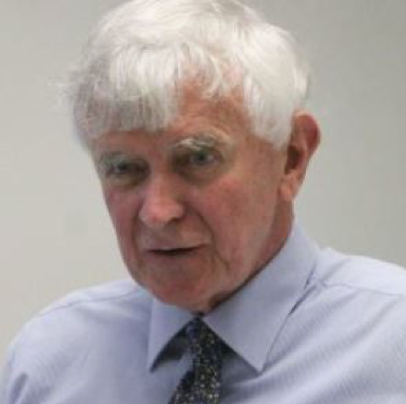 Peter Kearns is Intellectual Director of the PASCAL International Exchanges, a project of the PASCAL International Observatory. He has had careers as a teacher, Australian public servant, and consultant. He served as a member of the Australian Delegation to OECD in Paris and was Director of Global Learning Services from 1996 to 2011. His interests include lifelong learning, building inclusive learning communities, and international and comparative education.
Peter Kearns is Intellectual Director of the PASCAL International Exchanges, a project of the PASCAL International Observatory. He has had careers as a teacher, Australian public servant, and consultant. He served as a member of the Australian Delegation to OECD in Paris and was Director of Global Learning Services from 1996 to 2011. His interests include lifelong learning, building inclusive learning communities, and international and comparative education.
 D. W. Livingstone is Canada Research Chair in Lifelong Learning and Work and professor in the Department of Sociology and Equity Studies in Education at the Ontario Institute for Studies in Education of the University of Toronto (OISE/UT). He is director of the Centre for the Study of Education and Work at OISE/UT and leader of the Social Sciences and Humanities Research Council-funded research network on the Changing Nature of Work and Lifelong Learning (WALL) (see www.wallnetwork.ca). His recent books include: Working and Learning in the Information Age: A Canadian Perspective (Ottawa: CPRN, 2002); The Education-Jobs Gap: Underemployment or Economic Democracy (Garamond Press, 2004, 2nd edition); and Hidden Knowledge: Organized Labour in the Information Age (Garamond Press and Rowman & Littlefield, 2004) (with Peter Sawchuk); and The Future of Lifelong Learning and Work: Critical Perspectives (Sense Publishers, 2008) (with Peter Sawchuk and Kiran Mirchandani).
D. W. Livingstone is Canada Research Chair in Lifelong Learning and Work and professor in the Department of Sociology and Equity Studies in Education at the Ontario Institute for Studies in Education of the University of Toronto (OISE/UT). He is director of the Centre for the Study of Education and Work at OISE/UT and leader of the Social Sciences and Humanities Research Council-funded research network on the Changing Nature of Work and Lifelong Learning (WALL) (see www.wallnetwork.ca). His recent books include: Working and Learning in the Information Age: A Canadian Perspective (Ottawa: CPRN, 2002); The Education-Jobs Gap: Underemployment or Economic Democracy (Garamond Press, 2004, 2nd edition); and Hidden Knowledge: Organized Labour in the Information Age (Garamond Press and Rowman & Littlefield, 2004) (with Peter Sawchuk); and The Future of Lifelong Learning and Work: Critical Perspectives (Sense Publishers, 2008) (with Peter Sawchuk and Kiran Mirchandani).
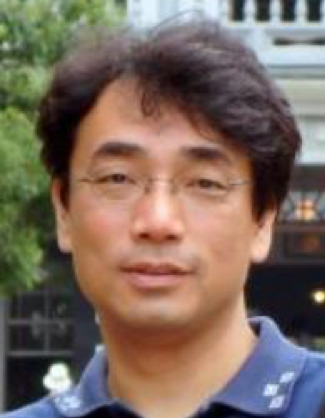 Professor Atsushi Makino of the Graduate School of Education, The University of Tokyo, specialises in lifelong learning.He is one of the Executive Directors of the Japan Education Research Association and The Japan Society for studies in Adult and Community Education.
Professor Atsushi Makino of the Graduate School of Education, The University of Tokyo, specialises in lifelong learning.He is one of the Executive Directors of the Japan Education Research Association and The Japan Society for studies in Adult and Community Education.
Keenly involved in administrative and educational system reform, Makino is engaged at local and national level government in the context of Japan’s social change.He returned to senior posts in Japanese universities after 14 years with the National Institute of Educational Research in China.Apart from the Japanese lifelong learning position in the East Asian Region, he is engaged in educational thought reform in modern China, community education in mainland China and Taiwan, and educational demographics in a diversifying society.
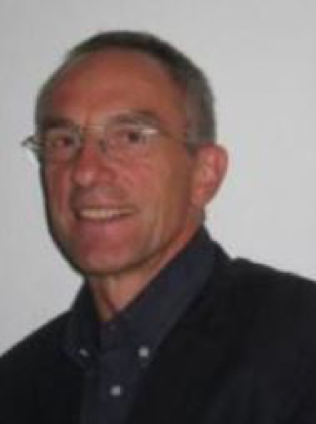 Heribert Hinzen, director of the Institut für Internationale Zusammenarbeit des Deutschen Volkshochschul-Verbandes (IIZ/DVV – Institute for International Cooperation of the German Adult Education Association) in Bonn, Germany, is an active leader in adult and continuing education both in Germany and internationally. His work represents three decades of combining theory and practice, local and global concerns.
Heribert Hinzen, director of the Institut für Internationale Zusammenarbeit des Deutschen Volkshochschul-Verbandes (IIZ/DVV – Institute for International Cooperation of the German Adult Education Association) in Bonn, Germany, is an active leader in adult and continuing education both in Germany and internationally. His work represents three decades of combining theory and practice, local and global concerns.
As director of IIZ/DVV he heads an organization with a complex structure of offices and staff in many parts of the world (currently e.g. in Ethiopia, Guinea, South Africa, Mexico, Bolivia, Uzbekistan, Russia, Poland, and Bulgaria). Responding to the challenge of intercultural exchange, he has helped to develop a purposeful, respectful form of cooperation between partners in many different countries and projects.
He has built on and continued his commitment to adult education as a field of practice, profession and academic discipline in managing a large non-governmental adult education institute. In various leadership roles he has assisted IIZ/DVV to grow as a respected and stable international institution in changing times. As keynote speaker on research and policy matters, as presenter, convener, and coordinator of numerous symposia, conferences and seminars, and in discussions with colleagues and associations in many countries in Europe, Africa, Asia, and North America, Hinzen has helped to develop professional competencies, knowledge, and awareness.
He has made adult education visible to a wide audience as writer, editor and publisher of books, series and journals. For 25 years he has edited Adult Education and Development, a widely disseminated adult education journal. Environmental policies and practices also are of serious concern to him, not only as an issue for the global development agenda, but as a matter for local action as well. In his own home community he is a member of an environmental association successfully struggling against the destruction and exploitation of nature. He is active in sports, playing tennis in tournaments and on a team competing regionally and nationally.
He has initiated numerous adult education projects, supported partners in many countries with practical matters including fundraising, strengthening professional capacities, teaching and researching at several universities, and played an advocacy role for better adult education policies, legislation and financing.
Hinzen earned a degree from the University of Bonn and a doctorate in pedagogy from the University of Heidelberg, with a dissertation on comparative adult education in Tanzania.He was awarded an honorary doctorate from the University of Pécs, Hungary, and received the title as honorary professor from both Universities of Iasi, Romania, and Pécs. He serves currently as a vice-president of the European Association for the Education of Adults (EAEA), Brussels.
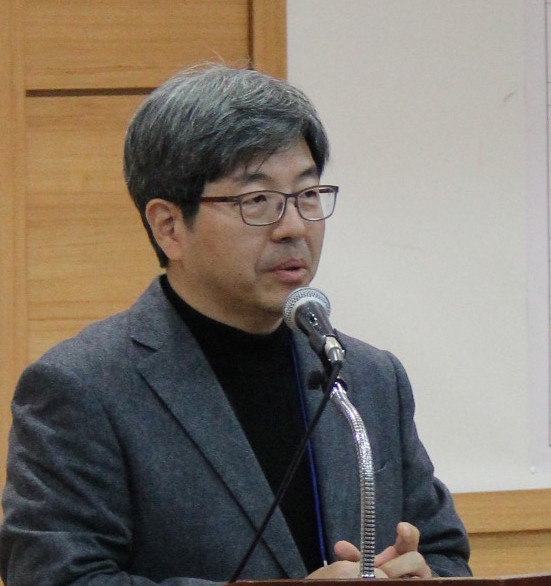 HAN Soonghee is professor of education and lifelong learning in the Department of Education at Seoul National University, Republic of Korea. His academic works have focused mainly on studies of the learning society and learning ecology, comparative and global studies in lifelong learning. He has served as a foreign editorial consultant for some international journals including International Journal of Lifelong Education(UK), Journal of Adult and Continuing Education(UK) , and International Review of Education (UNESCO Institute for Lifelong Learning). Recently he edited two special issues for Comparative Education and Asia Pacific Eduction Review. His recent research topics are higher lifelong learning complex system, New design for a learning society, and development of authentic theoretical development of lifelong learning in East Asia.
HAN Soonghee is professor of education and lifelong learning in the Department of Education at Seoul National University, Republic of Korea. His academic works have focused mainly on studies of the learning society and learning ecology, comparative and global studies in lifelong learning. He has served as a foreign editorial consultant for some international journals including International Journal of Lifelong Education(UK), Journal of Adult and Continuing Education(UK) , and International Review of Education (UNESCO Institute for Lifelong Learning). Recently he edited two special issues for Comparative Education and Asia Pacific Eduction Review. His recent research topics are higher lifelong learning complex system, New design for a learning society, and development of authentic theoretical development of lifelong learning in East Asia.
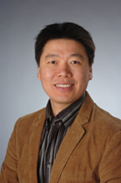 Dr. Qiu Wang is an associate professor of quantitative research methodology at Syracuse University. From Experimental Psychology, Applied Statistics, to Educational Measurement and Quantitative Methods, Dr. Wang’s professional preparation and development has been a journey full of interdisciplinary research experiences. He has contributions and publications in five relevant areas: 1) Human development and empirical contemplative and mindfulness studies, technology use and human-computer interaction in school settings; 2) Development of minorities in poverty, individuals with special needs, and racial and gender differences; 3) Intervention effect estimation and propensity score matching in program evaluation through synthetic cohort design and data with measurement errors in math/science education; 4) Large-scale modeling and (simulated) big-data analyses through structural equation modeling and data mining/classification methods; 5) Psychometrics and educational assessment using factor analysis and empirical Bayes.
Dr. Qiu Wang is an associate professor of quantitative research methodology at Syracuse University. From Experimental Psychology, Applied Statistics, to Educational Measurement and Quantitative Methods, Dr. Wang’s professional preparation and development has been a journey full of interdisciplinary research experiences. He has contributions and publications in five relevant areas: 1) Human development and empirical contemplative and mindfulness studies, technology use and human-computer interaction in school settings; 2) Development of minorities in poverty, individuals with special needs, and racial and gender differences; 3) Intervention effect estimation and propensity score matching in program evaluation through synthetic cohort design and data with measurement errors in math/science education; 4) Large-scale modeling and (simulated) big-data analyses through structural equation modeling and data mining/classification methods; 5) Psychometrics and educational assessment using factor analysis and empirical Bayes.
He has been serving as the outside evaluator and/or consultant on several projects funded by non-profit and federal agents including Department of Education, Institute of Educational Sciences (IES), National Institutes of Health (NIH), and National Science Foundation (NSF). He has been serving as a Co-/PI, co-investigator, senior/statistician personal on 11 finished/on-going grants from agencies including internal Collaboration for Unprecedented Success and Excellence (CUSE) Grant Program, NSF, AERA Research Program, Kuder Incorporated Research Grant, and the prestigious General Research Found in Hong Kong. Dr. Wang has published relevant/collaborative works in Behaviormetrika, Educational and Psychological Measurement, Developmental Psychology, Journal of Experimental Education, Journal of Career Assessment, Journal of Teacher Education, Computers & Education, Computers in Human Behavior, Educational technology research and development, Computers in the Schools, Journal of Educational Technology Development and Exchange, Journal of Learning Disabilities, and Remedial and Special Education. He was an Assistant Professor and served as the co-director of Purdue University Psychometric Instruction/Investigation Laboratory (PUPIL) in the College of Education at Purdue. He holds a Ph.D. in measurement and Quantitative Methods from Michigan State University (MSU), and two master’s degrees in Experimental Psychology (Peking University, China) and in Applied Statistics (MSU).
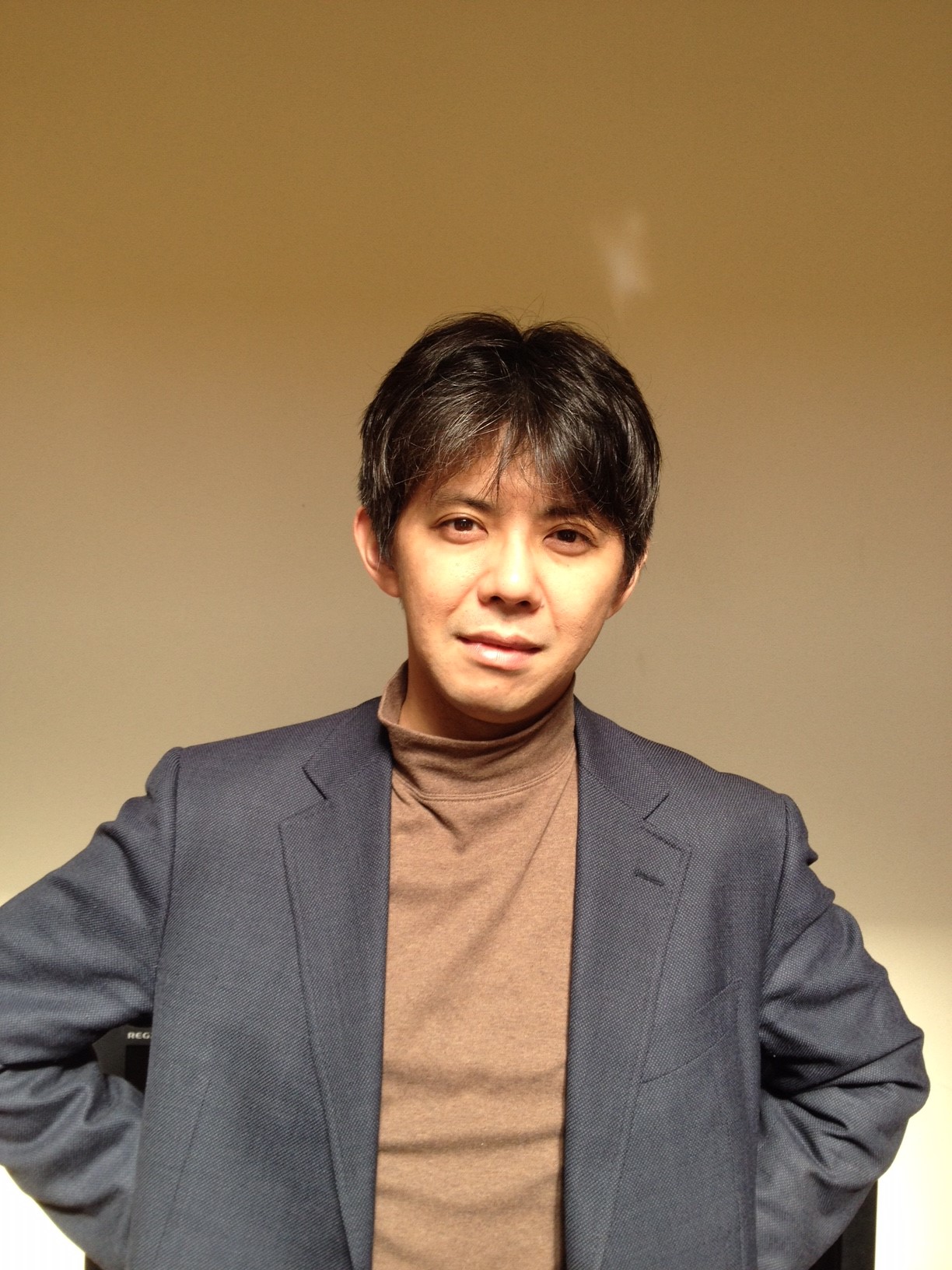 Ishiiyama Ryuhei, Associate Professor of the Graduate School of Education, Tohoku University of Japan, specializes in the research on public-private partnership in the management of social education and lifelong learning facilities and regional co-governance. Since the Great East Japan Earthquake occurred in March 2011, he has been working on the research topics concerning the learning for regional revitalization in the context of disaster areas and regional human resource development in the regions with decreasing populations. Prof. Ishiiyama is the author to a series of publications in social education and lifelong learning studies. He is also the Deputy Chairman of the National Committee for Social Education Promotion, Deputy Director of the Japan Society for the Study of Kominkan and Chairman of Promotion Committee for Civil Non-profit Activities in the Miyagi Prefecture.
Ishiiyama Ryuhei, Associate Professor of the Graduate School of Education, Tohoku University of Japan, specializes in the research on public-private partnership in the management of social education and lifelong learning facilities and regional co-governance. Since the Great East Japan Earthquake occurred in March 2011, he has been working on the research topics concerning the learning for regional revitalization in the context of disaster areas and regional human resource development in the regions with decreasing populations. Prof. Ishiiyama is the author to a series of publications in social education and lifelong learning studies. He is also the Deputy Chairman of the National Committee for Social Education Promotion, Deputy Director of the Japan Society for the Study of Kominkan and Chairman of Promotion Committee for Civil Non-profit Activities in the Miyagi Prefecture.